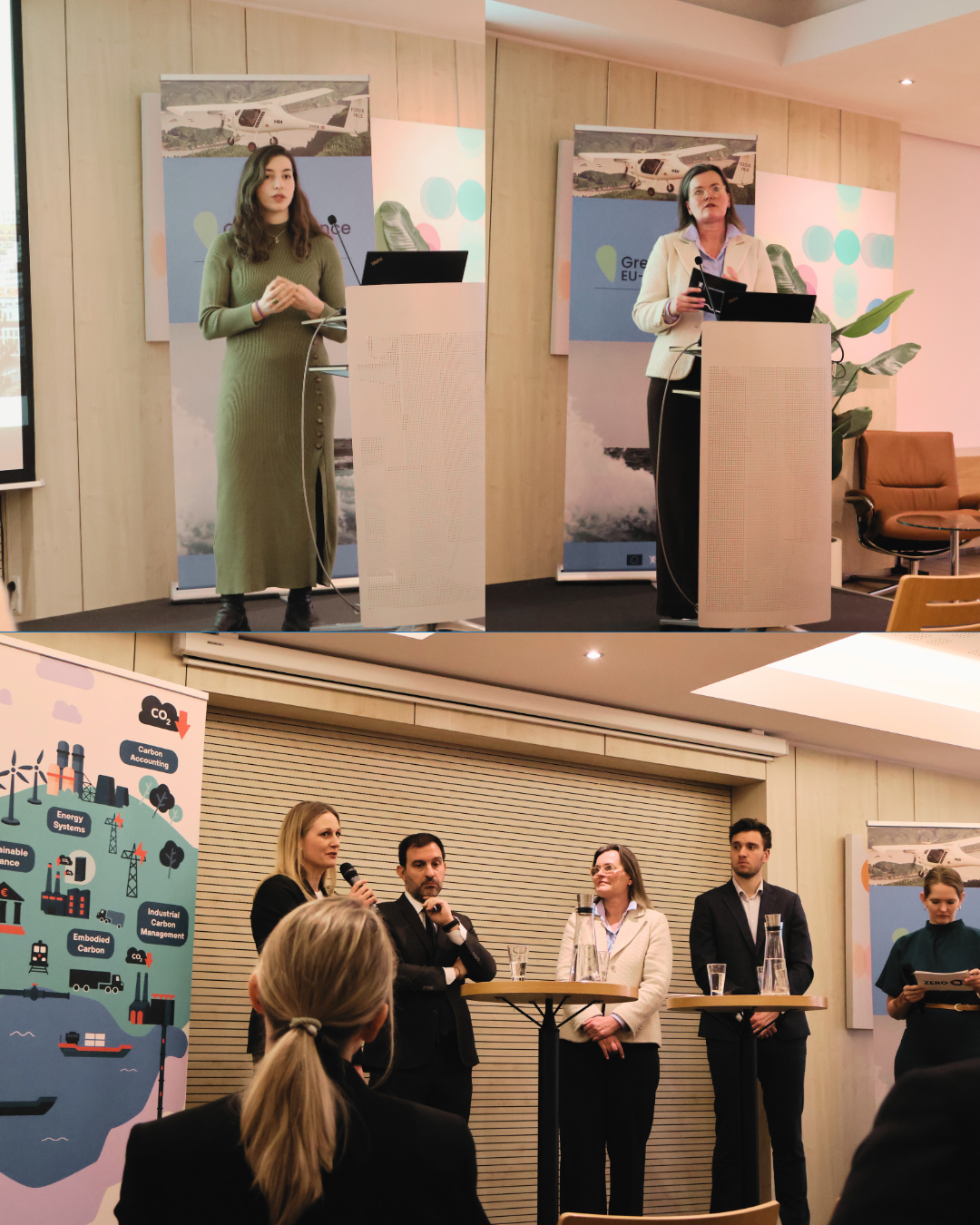
Joint letter – ICC reform and expansion risks diverting ETS Revenues from real climate action
In light of the European Commission’s ongoing considerations to amend the ETS State Aid Guidelines, revising the rules for Indirec...
News
Publish date: October 2, 2006
News
The joint initiative among the Madariaga European Foundation, the Barents Institute and the East-West Institute gathered approximately thirty participants, mostly from industry and research circles in Norway, Finland, and Russia for discussion at Madariaga.
Atle Stolesen of Madariaga, said he was disappointed with the final turnout as non of the invited EC representatives were able to attend. But the list of attendees was nonetheless impressive enough to put the issue on the map.
Kim Traavik, permanent representative of Norway to the North Atlantic Council, kicked-off the day confident that, although the High North is not yet priority area for the European Union (EU), there are good reasons for that to change.
Among these reasons Traavik noted that the Barents area was an emerging energy province of considerable importance – especially considering the fact that oil and gas will remain a key source of energy for decades. It is also the scene of far-reaching and bilateral cooperation, which could be emulated in other parts of the world. The Barents region is also, Traavik said, an important “weather laboratory”.
Indeed, as the theater for three of the main issues facing the world today – energy security, resource management, and climate change – the Barents region will increasingly surface on the EU’s radar screen.
Regrettably, the exploitation of oil and gas resources and other projects coming down the road in the High North seemed to be a given for most participants. Exploitation of the Shtokman field in particular – which is estimated to be one of the largest untapped gas and oil resources in the worlds – were discussed.
Vladimir Chizhov, permanent representative of the Russian Federation to the EU, emphasized the need to develop new technical solutions adapted to the harsh conditions of the Far North. Chizhov’s remarks reflected the current conundrum that Russia faces regarding the development of the underwater Arctic Shtokman field – Russia owns the leasing rights to the property, but does not have the technological edge to develop the field without the assistance of more advanced Western partners.
Beyond technical fixes toward exploiting the Shtokman field’s resources, Tor-Ivar Pedersen, senior advisor for Norwegian oil giant Statoil, spoke of the need for political openness and efficient communication channels, including local, regional, and national stakeholders.

In light of the European Commission’s ongoing considerations to amend the ETS State Aid Guidelines, revising the rules for Indirec...

Three main asks: Set robust low-carbon definitions as soon as possible: Without clear thresholds, non-price criteria in procurement lack the dec...

On 24 February 2025, Bellona Europa co-hosted a breakfast seminar at Norway House in Brussels alongside ZERO and the Mission of Norway to the EU, bringing together policymakers, manufacturers, and procurement practitioners around a single conviction: European cities hold a decisive and largely untapped lever for decarbonising construction. With the revision of the EU Public Procurement Directives on the horizon, the moment to use it is now.

Opening remarks and future of EU CRCF Market Christian Holzleitner, Head of Unit for Land Economy and Carbon Removals&nb...

Together with six NGOs and five industry partners, Bellona Europa signed a joint letter on the RFNBO Delegated Act, reiterating that now is not the t...
Get our latest news